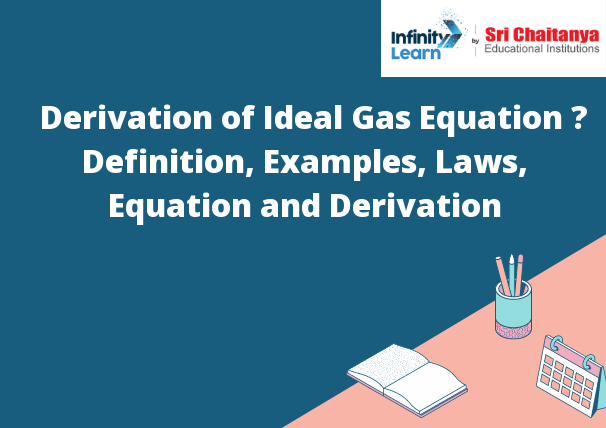Table of Contents
What is Ideal Gas?
An ideal gas is a hypothetical gas that obeys the gas laws perfectly. This means that the ideal gas has no intermolecular forces, it is perfectly elastic, and it has a constant temperature. Derivation of Ideal Gas Equation – Definition Examples Laws Equation and Derivation.

Ideal Gas Examples
In chemistry, an ideal gas is a gas that behaves in a perfect way according to the gas laws. This means that the gas molecules are perfect spheres that do not interact with each other, and the volume of the gas is constant.
An ideal gas can be imagined as a collection of perfect spheres that do not interact with each other. The volume of the gas is constant, and the gas molecules move in a straight line.
Ideal Gas Laws
An ideal gas is a hypothetical gas that behaves in a perfectly predictable manner. The ideal gas laws are a set of equations that describe the behavior of ideal gases.
The first law of thermodynamics states that energy is conserved. The second law of thermodynamics states that entropy always increases. These two laws can be used to explain the behavior of ideal gases.
The first law of thermodynamics states that the total energy of a system is conserved. This means that the energy of an ideal gas is constant.
The second law of thermodynamics states that entropy always increases. This means that the disorder of a system always increases. In an ideal gas, the molecules are very far apart and are not interacting with each other. This means that the entropy of an ideal gas is always increasing.
Ideal Gas Equation
The ideal gas equation is a mathematical model that describes the behavior of an ideal gas. The equation is PV=nRT, where P is pressure, V is volume, n is the number of moles of gas, R is the gas constant, and T is the temperature. This equation states that the pressure, volume, and temperature of an ideal gas are all directly proportional to each other.
Deriving the Ideal Gas Equation
The ideal gas equation states that the pressure, P, of a gas is proportional to its absolute temperature, T, and the volume, V, of the gas.
P = kT · V
where k is a constant.
s About Ideal Gas
Law
The ideal gas law is a mathematical equation that describes the relationship between the pre
Why should you go with Infinity Learn?
There are a few reasons why you should go with Infinity Learn:
1. Affordable Pricing
Infinity Learn offers some of the most affordable pricing out of all the eLearning platforms.
2. Wide Range of Course Topics
Infinity Learn offers a wide range of course topics, making it easy for you to find the courses you need.
3. User-Friendly Platform
The Infinity Learn platform is user-friendly and easy to use. This makes it easy for you to find the courses you need and get started learning quickly.
4. Excellent Customer Support
Infinity Learn offers excellent customer support, ensuring that you receive the help you need when you need it.
Derivation of Ideal Gas Equation – Definition Examples Laws Equation and Derivation.








